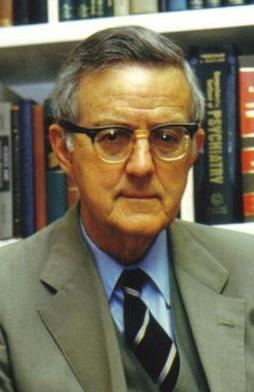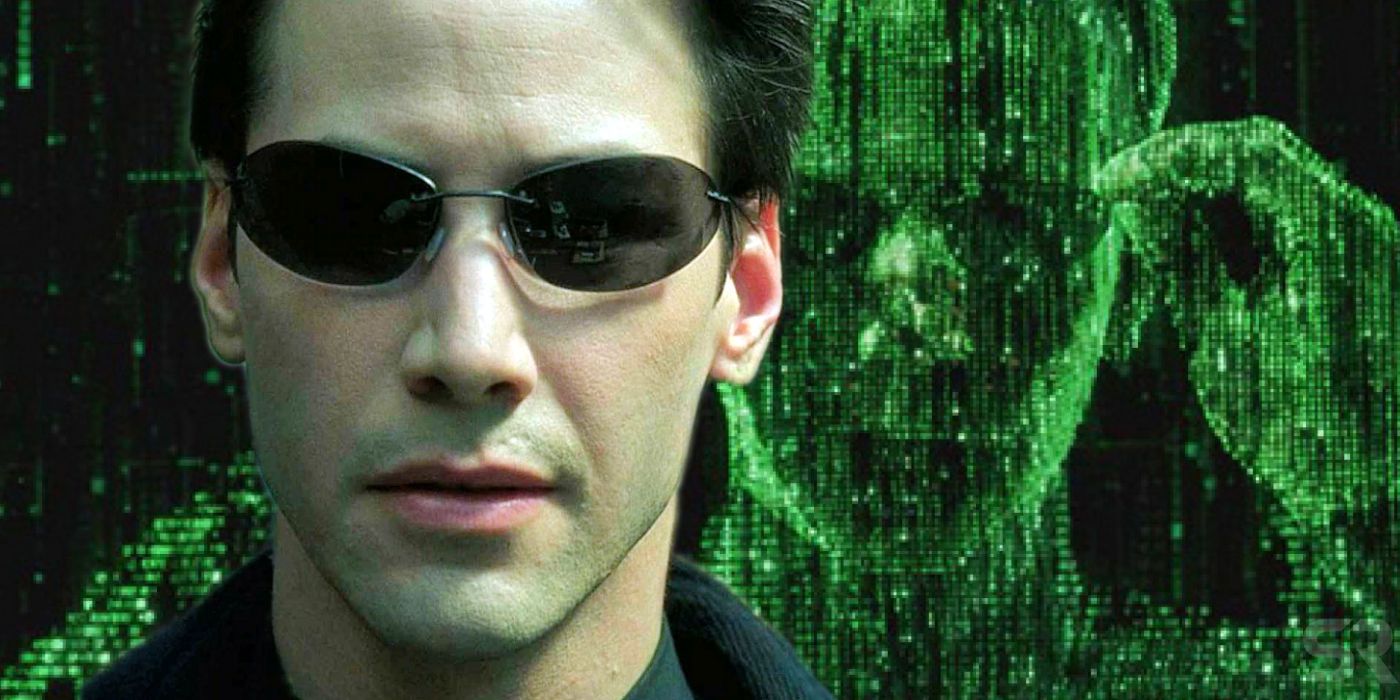Well, the literal dictionary definition of spirituality is:A broad definition of spirituality would be useful here - are you talking purely otherworldly - as in a belief in spirits/higher power/supreme being(s)?
Or meditation?
Or would you include ways of interacting with the world around you from other people to nature? I am thinking of humanism, of Bill and Ted's "Be Excellent to Each Other", of vegetarianism and veganism, of believing that nature is to be protected? (Or it is all there to be exploited by man - that too is a belief, though not one I like.)
"the quality of being concerned with the human spirit or soul as opposed to material or physical things."
It's a broad church and can be applied to many things.



